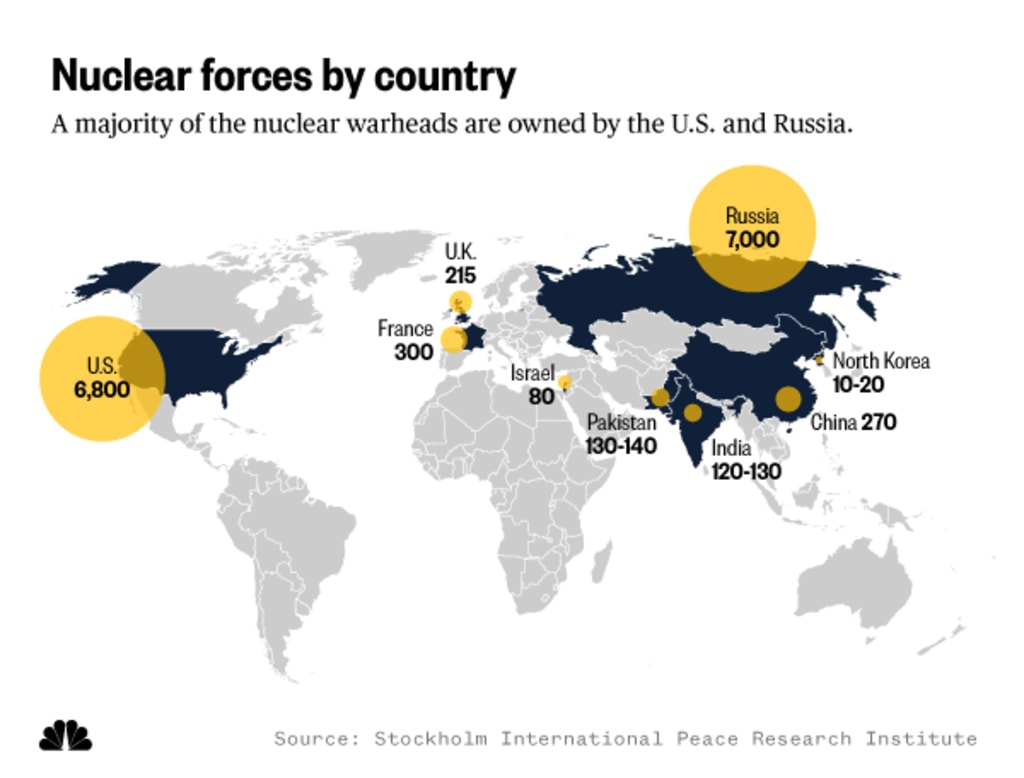"If we are to speak of an arms race, then an arms race started precisely at that point," Putin said.
Putin said he had offered to cooperate on joint development of missile defenses with the United States but had been rebuffed, so he had to act in Russia's best interests.
"Instead of creating threats to one another, great powers should pool their efforts in protecting against terrorists," he said.
Russia's deployment of the RS-28 Sarmat thermonuclear-armed ICBM has been in the works for years. It was announced in 2014, and details were declassified in 2016.
The missile is intended to replace the R-36 Voevoda, which NATO has dubbed "Satan," leading the United States to call the new version "Satan 2." Russian media said in 2016 that the RS-28 Sarmat would be able to carry a payload capable of wiping out a landmass "the size of Texas or France."


